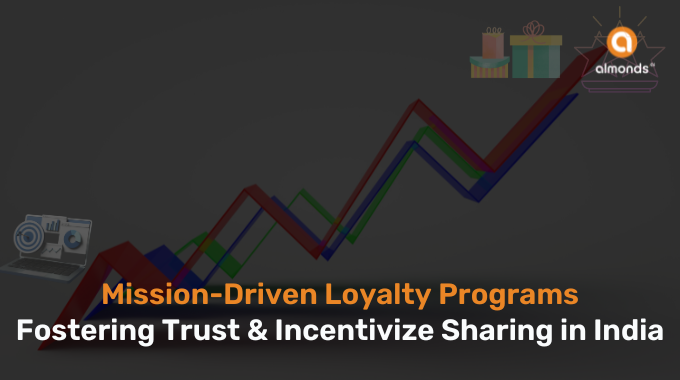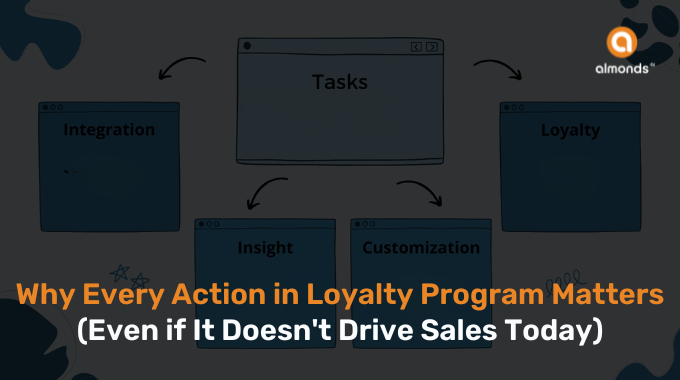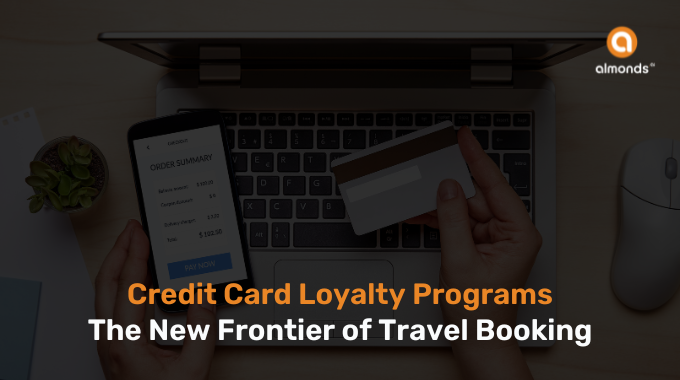The digital age has ushered in a data-driven revolution, and India is no exception. Customer and channel partner data has become the new oil, empowering businesses to personalize experiences, anticipate needs, and drive targeted marketing efforts. However, the recent implementation of the Digital Personal Data Protection Act (DPDP Act) in 2023 has significantly impacted the way companies approach data collection and loyalty programs.
The DPDP Act empowers Indian citizens with greater control over their personal information. This shift in the legal landscape necessitates a more nuanced approach to data collection. Businesses can no longer rely on outdated methods; instead, fostering their trust and transparency is paramount for building successful loyalty rewards programs in the DPDP era.
Why Data Sharing Still Matters (But with Consent)
While the DPDP Act introduces stricter regulations, data sharing remains crucial for crafting effective loyalty programs. Here’s why:
- Hyper-Personalization: Imagine a loyalty rewards program that anticipates your needs before you even know you have them. Data analysis allows businesses to personalize marketing campaigns and product recommendations, leading to higher conversion rates and increased channel partner and customer satisfaction.
- Experience Optimization: By understanding their preferences and behaviors, businesses can tailor their offerings and promotions, ensuring a more relevant and enjoyable experience. This could involve anything from offering birthday discounts to suggesting complementary products based on past purchases.
- Data-Driven Decision Making: Loyalty programs that leverage customer and channel partner data can provide valuable insights into market trends and consumer behavior. Businesses can use this knowledge to optimize processes, allocate resources effectively, and make data-driven decisions that drive profitability.
The Challenge of Balancing Privacy and Value in a Data-Conscious Era
Despite the benefits, Indian, empowered by the DPDP Act, are understandably cautious about data sharing. Here are some key concerns businesses need to address:
- Privacy Fears: Data breaches and misuse of personal information are major concerns. They want to be confident that their data is secure and protected under the DPDP Act. Businesses must implement robust security measures and clearly communicate their data handling practices.
- Building Trust is the New Currency: Channel partners and customers need to understand how their data will be used and for what purposes. Vague or misleading information can erode trust and hinder program participation.
- The Value Proposition Conundrum: They are more likely to share data if they see a clear benefit. Loyalty programs need to offer compelling incentives that go beyond generic discounts. Think exclusive rewards experiences, personalized consultations, or charitable donations aligned with the company’s mission.
Mission-Driven Loyalty Programs: A Win-Win Approach for the DPDP Era
Mission-driven loyalty programs offer a strategic solution for navigating the complexities of data privacy and consumer trust in India. These programs incentivize data sharing while aligning with the values of both businesses and customers. This fosters trust, loyalty, and deeper connections, creating a win-win situation for all parties involved.
Building a DPDP-Compliant Mission-Driven Loyalty Program
Here’s a step-by-step guide to implementing a successful mission-driven loyalty program in the DPDP era:
- Define a Clear and Compelling Mission: This mission should resonate with your brand and target audience, reflecting your company’s social responsibility efforts and core values. The mission serves as the guiding principle for your program and should be clearly communicated to them.
- Communicate Transparently: Be upfront about your data collection practices and how customer and channel partner data will be used. Leverage multiple channels, such as marketing materials, social media platforms, and loyalty program documentation, to ensure clear and consistent communication.
- Design Meaningful Incentives with Informed Consent: Offer incentives that provide tangible value to them and support your mission. Remember, informed consent is crucial under the DPDP Act. They must freely and explicitly agree to share their data for specific purposes outlined in the program.
- Prioritize Trust and Transparency: Demonstrate a commitment to data security and ethical use of data. This includes implementing robust data protection measures, clear and concise privacy policies, and strong opt-in mechanisms that empower customers to control their data.
Measure for Success and Continuous Improvement
Track key metrics to assess program performance, such as channel partner engagement, data sharing rates, program participation, and revenue generated. Regularly analyze this data to identify areas for improvement and ensure your program remains compliant with the DPDP Act’s regulations.
The Future of Loyalty Programs in India
The DPDP Act has ushered in a new era for data privacy in India. Businesses that embrace mission-driven loyalty programs that prioritize trust and transparency can incentivize data sharing while fostering long-term relationships and driving business growth. Remember, in this new data landscape, empowering customers and channel partners with control over their information and building genuine connections through shared values will be the key to unlocking the true potential of loyalty programs (loyalty marketing) in India.
Additional Considerations for the Indian Market
- Leveraging Vernacular Languages: Catering content and communication in local languages can build trust and enhance channel partner engagement, particularly in regional markets. This can be especially helpful when explaining the intricacies of a loyalty management platform and its benefits to everyone.
- Omnichannel Integration: Ensure a seamless experience across all touchpoints, whether online, in-store, or on mobile apps. This allows them to interact with the program and access rewards conveniently. A unified experience fosters brand loyalty and encourages repeat engagement with your loyalty rewards program.
- Partnering for Value: Consider collaborating with other businesses, influencers, or NGOs that align with your mission to offer unique rewards and experiences to your customers. This can broaden your reach and enhance the overall program value proposition of your loyalty program. By partnering with relevant organizations, you can create a more compelling reason for them to share their data and participate actively.
By embracing these strategies and staying informed about evolving regulations like the DPDP Act, businesses can navigate the dynamic Indian market and design successful loyalty programs that foster trust, incentivize data sharing, and ultimately drive channel partner loyalty in the digital age.






